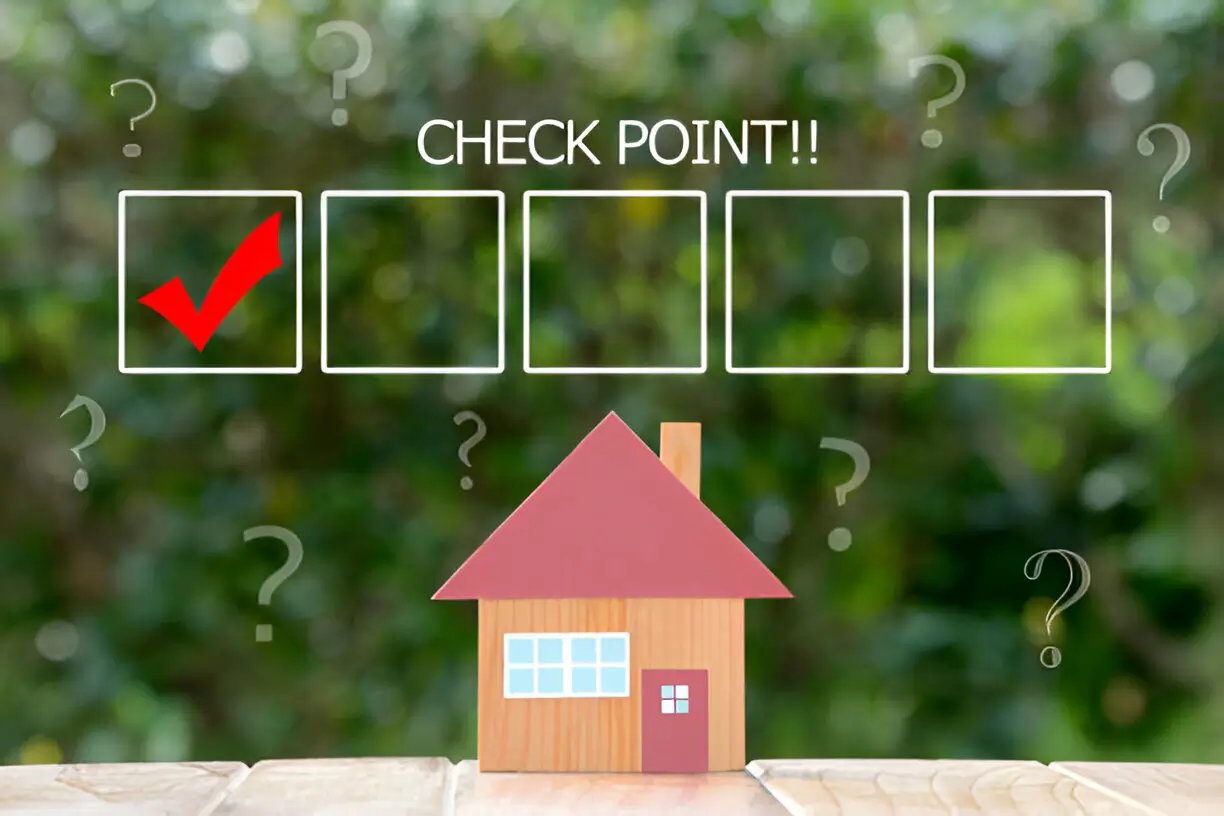Personal loans can be a financial lifesaver, but how do they really work? If you’ve ever wondered whether a personal loan is right for you, this guide is your starting point. We’ll break down everything from the basics to the benefits and pitfalls, so you know exactly what to expect. Ready to take the mystery out of personal loans? Let’s dive in and make sense of it all!
A Beginner’s Guide to Personal Loans
Personal loans can be a great financial tool when used wisely. Whether you need to consolidate debt, cover unexpected expenses, or fund a major purchase, understanding how personal loans work is crucial. In this guide, we’ll explore everything you need to know about personal loans, from the basics to the detailed benefits and potential drawbacks.
What is a Personal Loan?
A personal loan is a type of installment loan that you can use for various personal expenses. Unlike mortgages or auto loans, which are secured by the asset being financed, personal loans are usually unsecured. This means you don’t need to provide collateral, like your house or car, to get the loan.
Real-Life Example
Anna needed to consolidate her credit card debt, which had a high-interest rate. She took out a personal loan with a lower interest rate, allowing her to pay off her debt more quickly and save money on interest.
How Do Personal Loans Work?
When you take out a personal loan, you borrow a fixed amount of money and agree to repay it over a set period, typically with fixed monthly payments. The terms of the loan, including the interest rate and repayment period, are determined based on your credit score, income, and other financial factors.
Loan Application Process
- Check Your Credit Score: Your credit score will impact your loan terms.
- Compare Lenders: Shop around to find the best rates and terms.
- Submit an Application: Provide personal and financial information.
- Receive Loan Approval: If approved, you’ll receive the loan funds.
- Repay the Loan: Make regular monthly payments until the loan is paid off.
Types of Personal Loans
Personal loans come in various forms, each suited to different needs. Understanding the different types can help you choose the right one for your situation.
Unsecured Personal Loans
These loans do not require collateral and are based on your creditworthiness. They typically have higher interest rates than secured loans but are less risky for the borrower.
Secured Personal Loans
Secured loans require collateral, such as a savings account or a certificate of deposit. These loans often have lower interest rates because the lender assumes less risk.
Fixed-Rate Loans
With fixed-rate loans, the interest rate remains the same throughout the life of the loan. This results in predictable monthly payments.
Variable-Rate Loans
Variable-rate loans have interest rates that can change over time, based on market conditions. These loans may start with a lower interest rate but can increase, making your payments less predictable.
Benefits of Personal Loans
Personal loans offer several advantages, making them a popular choice for many borrowers.
Debt Consolidation
One of the most common uses for personal loans is debt consolidation. By combining multiple high-interest debts into a single loan with a lower interest rate, you can simplify your finances and save money.
Real-Life Example
John had several credit cards with high balances and high-interest rates. He took out a personal loan to pay off these cards, reducing his monthly payments and making it easier to manage his debt.
Lower Interest Rates
Compared to credit cards and other forms of revolving credit, personal loans often have lower interest rates, especially if you have good credit.
Fixed Repayment Schedule
Personal loans come with fixed repayment terms, which means you’ll know exactly how much you need to pay each month and when the loan will be paid off.
Drawbacks of Personal Loans
While personal loans have many benefits, they also come with some potential downsides.
High-Interest Rates for Poor Credit
If your credit score is low, you may only qualify for a personal loan with a high-interest rate, which can make the loan expensive.
Fees and Penalties
Personal loans can come with various fees, such as origination fees, late payment fees, and prepayment penalties. It’s important to read the loan agreement carefully and understand all the costs involved.
Impact on Credit Score
Taking out a personal loan can impact your credit score. While timely payments can improve your score, late payments can damage it.
When Should You Consider a Personal Loan?
Personal loans can be a good option in certain situations. Here are a few scenarios where a personal loan might be the right choice.
Debt Consolidation
If you have multiple high-interest debts, a personal loan can help you consolidate them into a single, more manageable payment with a lower interest rate.
Major Purchases
For large expenses like home improvements or medical bills, a personal loan can provide the necessary funds without the high-interest rates of credit cards.
Emergency Expenses
In an emergency, a personal loan can provide quick access to cash. However, it’s important to have a plan to repay the loan to avoid falling into debt.
How to Choose the Right Personal Loan
Choosing the right personal loan involves comparing different lenders and loan terms. Here are some tips to help you find the best loan for your needs.
Compare Interest Rates
Look for the lowest interest rate you can qualify for. Even a small difference in rates can save you a significant amount of money over the life of the loan.
Check Fees and Penalties
Be aware of any fees or penalties associated with the loan. These can include origination fees, late payment fees, and prepayment penalties.
Consider Loan Terms
The length of the loan term will affect your monthly payments and the total cost of the loan. Choose a term that fits your budget and financial goals.
Read Reviews
Research potential lenders by reading reviews and checking their ratings with organizations like the Better Business Bureau. This can help you find a reputable lender.
Steps to Apply for a Personal Loan
If you’ve decided that a personal loan is right for you, follow these steps to apply.
Check Your Credit Score
Before applying for a loan, check your credit score to understand what terms you might qualify for. Improving your credit score before applying can help you get a better rate.
Gather Financial Information
Lenders will require information about your income, employment, and debts. Having this information ready can speed up the application process.
Shop Around
Compare offers from multiple lenders to find the best rates and terms. Don’t just focus on banks; consider credit unions and online lenders as well.
Submit an Application
Once you’ve chosen a lender, complete the application process. This typically involves providing personal information, financial details, and authorization for a credit check.
Review the Loan Agreement
Before accepting the loan, carefully review the agreement to ensure you understand all the terms and conditions. Ask questions if anything is unclear.
Receive Funds
If approved, the lender will disburse the loan funds, often within a few days. Use the funds as planned and start making payments according to the loan agreement.
FAQs
What is a personal loan?
A personal loan is a type of installment loan that you can use for various personal expenses. It’s typically unsecured, meaning it doesn’t require collateral.
How do personal loans work?
You borrow a fixed amount of money and repay it over a set period with fixed monthly payments. The loan terms are based on your credit score, income, and other financial factors.
What are the benefits of personal loans?
Benefits include debt consolidation, lower interest rates compared to credit cards, and fixed repayment schedules that make budgeting easier.
What are the drawbacks of personal loans?
Drawbacks include high-interest rates for borrowers with poor credit, various fees and penalties, and potential impact on your credit score.
When should I consider a personal loan?
Consider a personal loan for debt consolidation, major purchases, or emergency expenses. Ensure you have a plan to repay the loan to avoid financial difficulties.
How do I choose the right personal loan?
Compare interest rates, check for fees and penalties, consider loan terms, and read lender reviews to find the best loan for your needs.
What steps should I take to apply for a personal loan?
Check your credit score, gather financial information, shop around for the best rates, submit an application, review the loan agreement, and receive the funds if approved.
Understanding personal loans can empower you to make informed financial decisions. Whether you’re consolidating debt, making a major purchase, or handling an emergency, a personal loan can be a valuable tool when used wisely. By considering the benefits and drawbacks and following the steps to apply, you can choose the right loan for your needs and achieve your financial goals.






